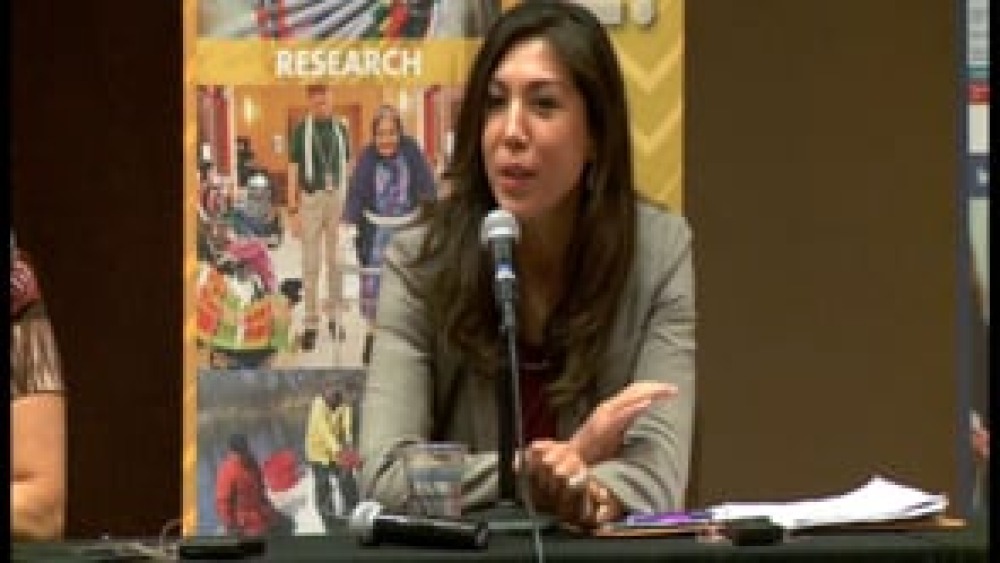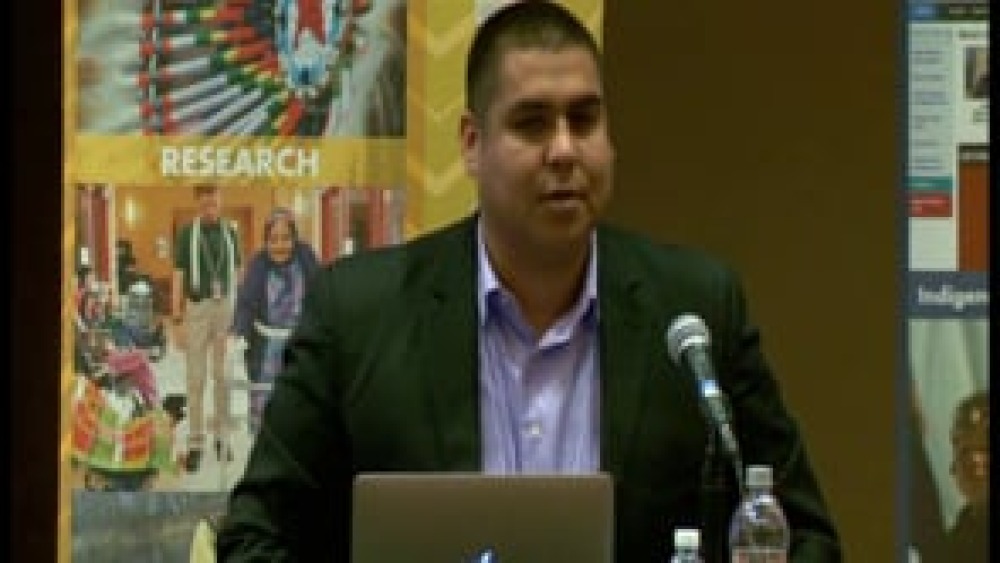Indigenous Governance Database
leading by example
Thumbnail

Paulette Jordan: Engaging the Nation's Citizens and Effecting Change: The Coeur d'Alene Story
Paulette Jordan, citizen and council member of the Coeur d'Alene Tribe in Idaho, discusses the importance of Native nation leaders being grounded in their culture and consulting the keepers of the culture (their elders) so that they approach the leadership challenges they face with the proper…
Thumbnail

LeRoy Staples Fairbanks III: What I Wish I Knew Before I Took Office
Leroy Staples Fairbanks III, who serves on the Leech Lake Band of Ojibwe Council, discusses some of the hard stances he had to take in order to do his job well and also shares an overview of some of the major steps thatthe leech Lake Band has taken in order to govern more effectively and use its…
